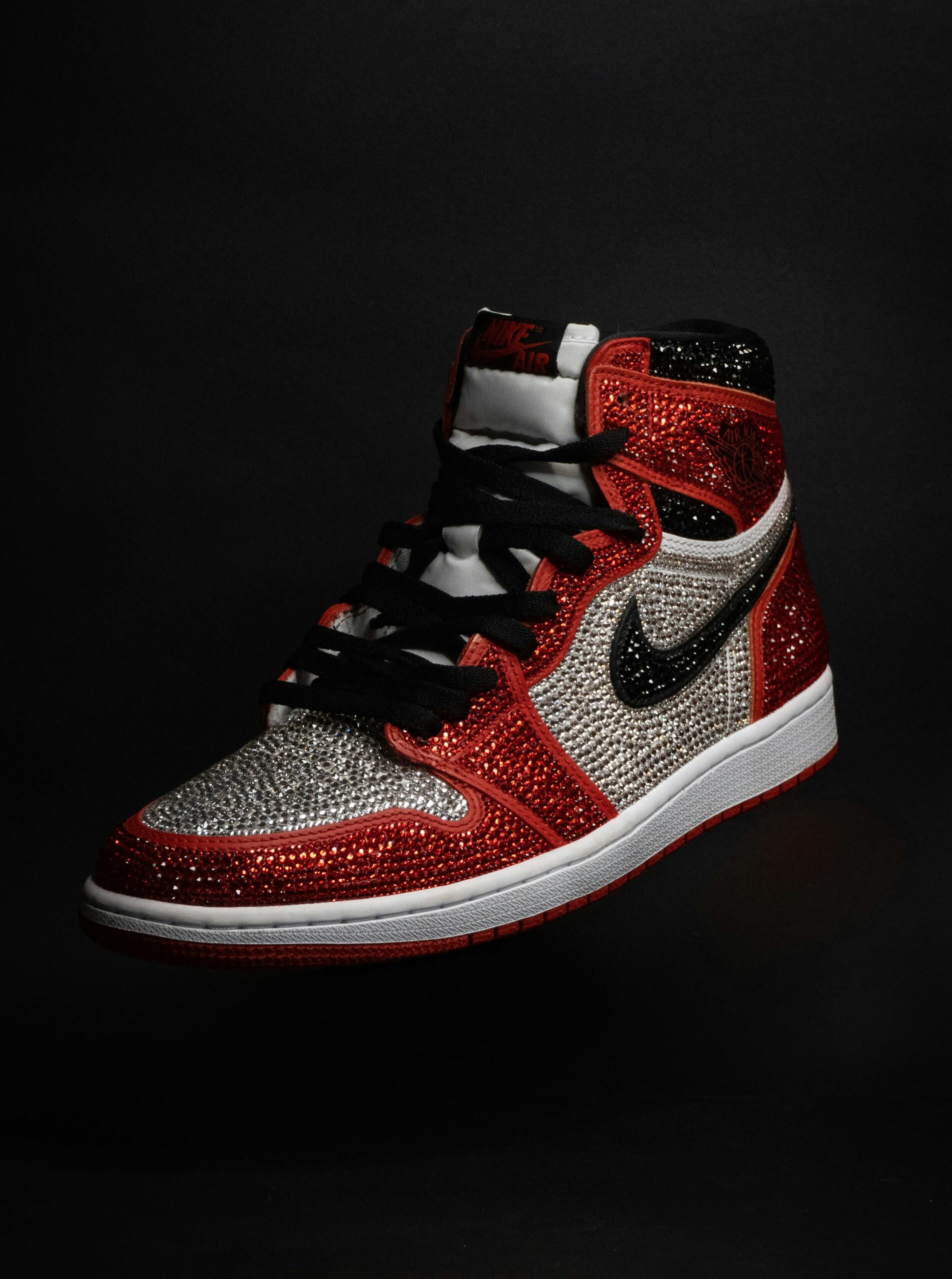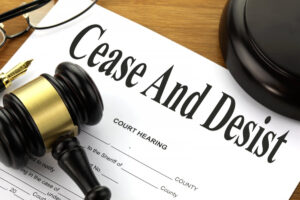During the Coronavirus Disease 2019 (“COVID-19”), the cruise industry has seen a sharp decline in demand, resulting in financial hardships. Throughout COVID-19, several cruise ships were stranded at sea, with confirmed COVID-19 cases on board.[1] In addition, the Centers for Disease Control and Prevention (“CDC”) announced a “no sail order” as a means to suppress and control COVID-19.[2] As a result, ideas commenced about a potential need to provide economic relief for the cruise line industry. However, many believe that the cruises are not an essential industry for which economic relief should be provided. For example, Alexander Holt of the National Review stated, “Should cruise lines be rescued, any remaining illusion that America remains a competitive capitalist economy will be broken. Not every company is worth saving, and especially not Carnival.”[3] This raises the question: what should the cruise line industry do in order to prevent a financial demise? Hopefully, the answer does not entail an element of lying with regard to the severity of COVID-19.
A group of investors have filed suit against Norwegian Cruise Lines (“NCL”) after various news articles exposed the company for allegedly lying about the severity of COVID-19 in order to maintain bookings.[4] The class action lawsuit has been filed on March 13, 2020 in the U.S. District Court for the Southern District of Florida.[5] The class members are comprised of investors claiming that they have suffered financial misfortunes due to the alleged false statements provided to customers about COVID-19.[6] The complaint highlighted news articles from both the Miami New Times and Washington Post, providing interesting intel.[7] The complaint cited the Miami New Times article written on March 11, 2020, stating that “ . . . a Norwegian Cruise Line (NCL) employee in South Florida tells New Times some managers have asked sales staff to lie to customers about COVID-19 to protect the company’s bookings.”[8] In addition, emails were leaked to New Times, demonstrating that NCL management team had ‘canned’ responses if potential customers expressed concerns about COVID-19.[9] As noted in the complaint, a scripted line included pressuring customers that had recently cancelled Asian cruises were persuaded in purchasing other bookings before prices and demand increases.[10] One of the various scripted lines include “The Coronavirus can only survive in cold temperatures, so the Caribbean is a fantastic choice for your next cruise.”[11] Additionally, an employee of NCL stated that the company is more concerned about its profits rather than the health and safety of travelers.[12] Thus, the complaint provided that “As a result of Defendants’ wrongful acts and omissions, and the precipitous decline in the market value of the Company’s securities, Plaintiff and other Class members have suffered significant losses and damages.”[13] In addition the complaint stipulated that, “had Plaintiff and the other members of the Class been aware that the market price of Norwegian securities had been artificially and falsely inflated by Defendants’ misleading statements and by the material adverse information which Defendants did not disclose, they would not have purchased Norwegian securities at the artificially inflated prices that they did, or at all.”[14]
As a result of the articles published by Miami New Times and the Washington Post, Norwegian’s shares have fallen nearly 36% to about $9.65 per share.[15] Since then, the stock has bounced back about 36% to a price of $13.11 per share. With the CDC and the government barring the cruise industry, including NCL, from sailing again for up to three months,[16] it is plausible that we can soon expect a volatile decline in the stock price of NCL for the time-being.
As noted in a law360 article written by various attorneys of Alston & Bird LLP, “a strong defense against plaintiffs will be to point out that the plaintiffs cannot satisfy this heightened pleading standard without plausibly alleging specific facts that companies and their executives knowingly made false statements about the impact of the coronavirus on their business.”[17] (emphasis added). I tend to agree. The Private Securities Litigation Reform Act (“PSLRA”) imposes a high burden on the plaintiff to prove that the defendant acted with a required state of mind, as with regards to scienter.[18]
Additionally, COVID-19 will have an impact on disclosures mandated by the Securities Exchange Commission (“SEC”) from publicly traded companies to their shareholders. SEC Chairman Jay Clayton asked publicly traded companies to, “provide investors with insight regarding their assessment of, and plans for addressing, material risks to their business and operations resulting from the coronavirus to the fullest extent practicable to keep investors and markets informed of material developments.”[19] COVID-19 has not only impacted our health concerns about the world, but has also impacted our global economic regime. As uncertainty about COVID-19 lingers and market volatility persists, it is plausible that additional class action lawsuits are to commence against various publicly traded companies.
Alex Tsatskin is a Second Year Law Student at the Benjamin N. Cardozo School of Law and a Staff Editor at the Cardozo Arts & Entertainment Law Journal. Alex is interested in Tax Law.
[1] Christina Zdanowicz, Multiple cruise ships are left stranded as coronavirus cases increase, CNN (Mar. 17, 2020), https://www.cnn.com/travel/article/cruise-ships-stranded-coronavirus-trnd/index.html.
[2] Chris Woodyard, CDC extends ‘no sail’ order for cruise ships as industry ravaged by the coronavirus, USA Today (Apr. 10, 2020), https://www.usatoday.com/story/travel/cruises/2020/04/09/coronavirus-cdc-extends-no-sail-order-cruise-ships/5128291002/.
[3] Alexander Holt, Let the Cruise Lines Sink, National Review (Mar. 20, 2020), https://www.nationalreview.com/2020/03/coronavirus-economic-stimulus-cruise-lines-not-vital-industry/.
[4] P.J. D’Annunzio, Investors Sue Norwegian Cruise Line Over Stock Fallout From Alleged Downplaying of Coronavirus, LAW (Mar. 13, 2020), https://www.law.com/dailybusinessreview/2020/03/13/investors-sue-norwegian-cruise-lines-over-stock-fallout-from-alleged-downplaying-of-coronavirus/.
[5] Id.
[6] Id.
[7] Id.
[8] Alexi C. Cardona, Leaked Emails: Norwegian Pressures Sales Team to Mislead Potential Customers About Coronavirus, Miami News Times (Mar. 11, 2020), https://www.miaminewtimes.com/news/coronavirus-norwegian-cruise-line-leaked-emails-show-booking-strategy-11590056; Complaint at 7, Eric Douglas v. Norwegian Cruise Lines, No. 1:20cv21107 (S.D. Fla. 2020).
[9] Complaint at 7, Eric Douglas v. Norwegian Cruise Lines, No. 1:20cv21107 (S.D. Fla. 2020).
[10] Id.
[11] Id. at 8.
[12] Id.
[13] Id.; D’Annunzio, supra note 4.
[14] Complaint at 7, Eric Douglas v. Norwegian Cruise Lines, No. 1:20cv21107 (S.D. Fla. 2020); Jerry Lambe, Lawsuit Accuses Norwegian Cruise line of Lying About Coronavirus,Law&Crime (Mar. 17, 2020), https://lawandcrime.com/high-profile/lawsuit-accuses-norwegian-cruise-line-of-lying-about-impact-of-coronavirus/.
[15] D’Annunzio, supra note 4.
[16] Mark Matousek, US government bars Carnival, Norwegian, and Royal Caribbean from sailing again for up to 3 months as the coronavirus throws the cruise lines into peril, Business Insider (Apr. 10, 2020), https://www.businessinsider.com/carnival-royal-caribbean-banned-from-sailing-up-to-3-months-2020-4.
[17] Robert Long et al., Early Securities Class Actions Highlight COVID Litigation, Law360 (Apr. 9, 2020), https://www.law360.com/classaction/articles/1261237/early-securities-class-actions-highlight-covid-litigation-risk.
[18] Id; 15 U.S.C. § 78u-4(b)(2) (2020).
[19] SEC Provides Conditional Regulatory Relief and Assistance for Companies Affected by the Coronavirus Disease 2019 (COVID-19), SEC (Mar. 4, 2020), https://www.sec.gov/news/press-release/2020-53.



